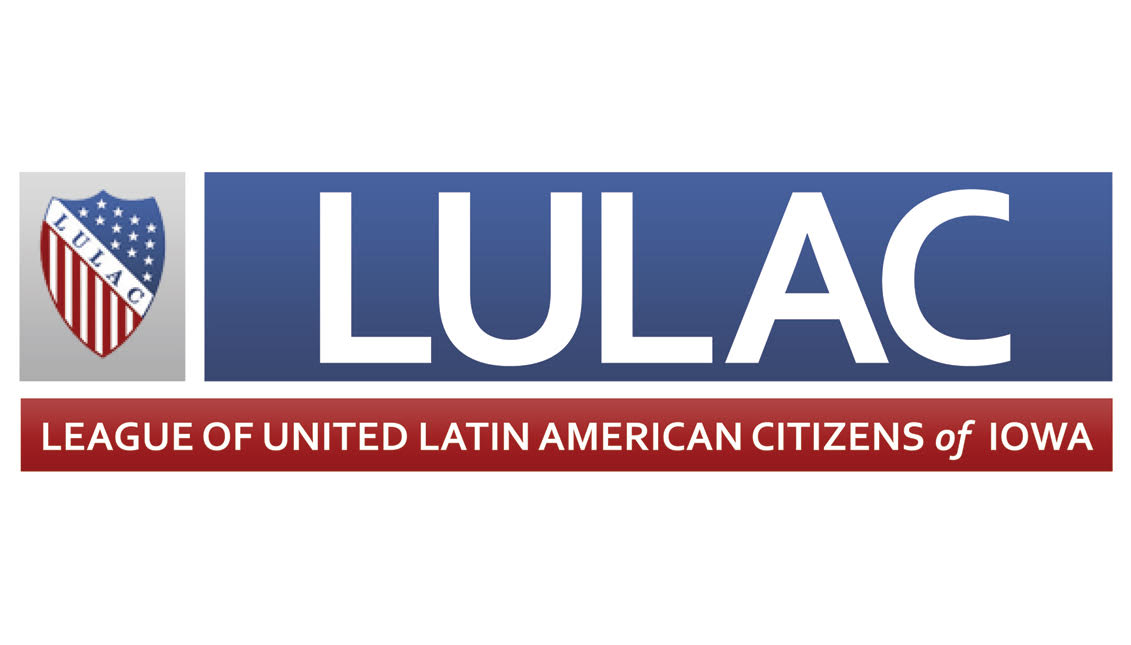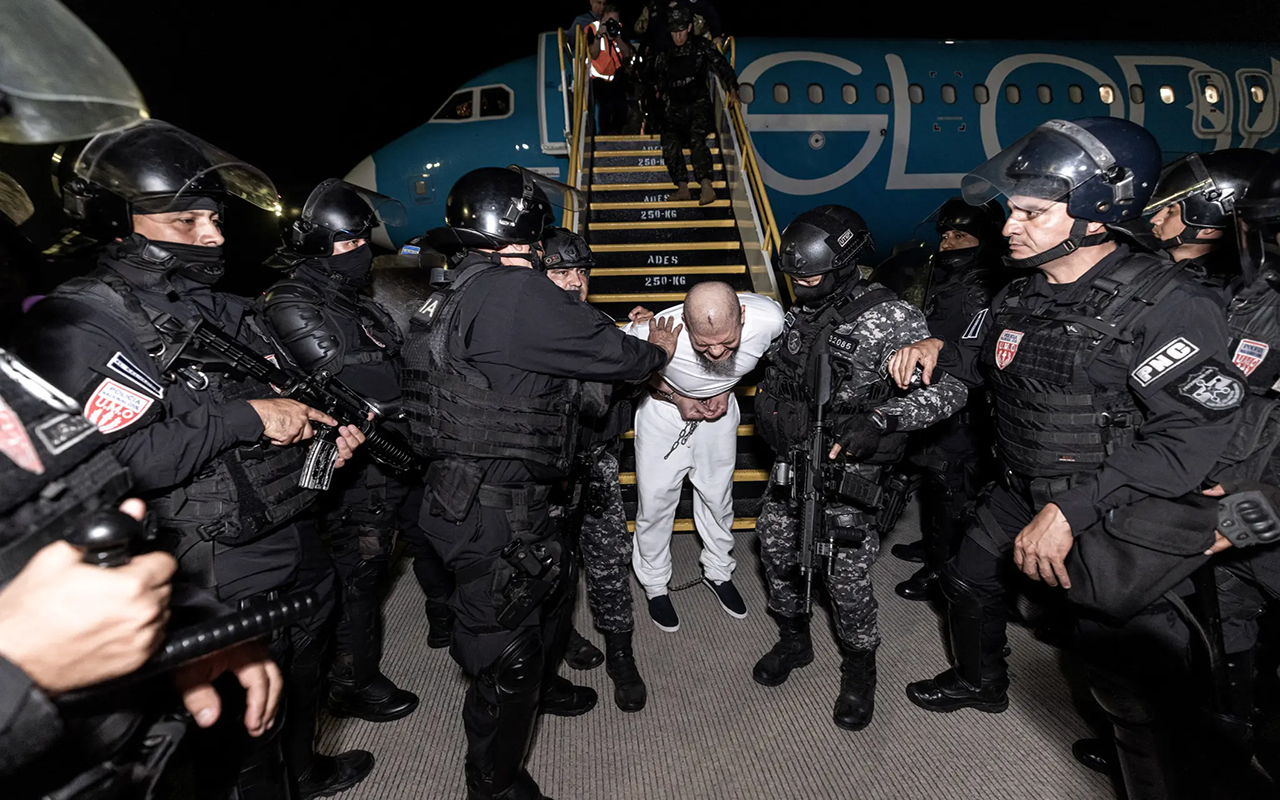
LULAC is suing Iowa over its most recent attempt at voter suppression
New voting legislation in the state shortens the amount of time that will be available for voting with early ballots and on Election Day itself.
On Tuesday, March 9, the League of United Latin American Citizens (LULAC), the nation’s oldest and largest Latino civil rights organization, filed a lawsuit challenging a massive attack on Latino voting rights in Iowa.
.@LULAC, the largest and oldest Latino civil rights organization in the U.S., argues that the bill would disproportionately burden Latinos in Iowa. https://t.co/CcQsGkbN7K
— Shawna Chen (@shawnarchen) March 10, 2021
Legislation was just passed in the state that shortens the amount of time available for voting, both through early ballots and on Election Day itself. The new provision reduces the early voting period from 29 days to 20, and the polls for state and federal elections will close at 8 p.m. instead of 9 p.m.
Another major change is that early ballots will only be accepted if they are brought in by the voter, an immediate family member, household member or caregiver.
If the ballots are brought in by anyone else, even if designated by the voter, that person would be breaking the law. Each county will now have only one box to drop early ballots and it is under surveillance.
If election officials and voting auditors fail to carry out these new laws or deviate from their orders, they will be subject to a felony.
These “technical infractions” may also result in fines of up to $10,000.
Now, why would Governor @KimReynoldsIA and Republicans in the Iowa legislature want voting in a democracy to be harder? Voter suppression is an injustice. https://t.co/SBgONSOcXW
— Be A King (@BerniceKing) March 9, 2021
Republican Gov. Kim Reynolds signed the law on Monday, March 8, claiming that it would create transparency and accountability, and offer Iowa residents with more confidence in their elections.
But LULAC’s lawsuit argues that the law violates the Iowa Constitution’s protections for the right to vote, free speech, free assembly and equal protection.
“They’re not going to have the same amount of time to submit their ballots,” said Nick Salazar, state director of LULAC’s Iowa chapter. “And on Election Day, they’re shortening the time. And so we’re always at work, we’re busy, and limiting access to the ballot box will really impact really just the working class people in general, especially folks in brown and Black communities in Iowa.”
Salazar also pointed to the fact that Iowa had a historic voter turnout in 2020 and that there was no substantial proof of any fraud or irregularities, so creating more barriers to voting is taking a step backward.
“We should be building on those successes, not restricting access to the voting booth. We are fighting for all Iowans with this lawsuit,” he said.
Marc Elias, an attorney who represents Democrats in court battles over election laws, announced via Twitter that he is representing LULAC of Iowa in the suit.
BREAKING: On behalf of the @LULAC of Iowa, we have filed a lawsuit challenging Iowa's new voter suppression law. The voting restrictions in this law create an undue burden on the fundamental right to vote in violation of the Iowa Constitution. https://t.co/BAOXKYRLI1
— Marc E. Elias (@marceelias) March 9, 2021
The lawsuit did not yet appear in Iowa’s online court system Tuesday afternoon, but Elias shared a copy of the document online. The defendants are Secretary of State Paul Pate and Attorney General Tom Miller.
RELATED CONTENT
The plaintiffs are requesting that a Polk County judge rule that portions of the new law violate the state’s Constitution and then block them from being enforced.
The lawsuit states that the legislation “will impose undue and unjustified burdens on a wide range of lawful voters,” including minority voters, the elderly, those with disabilities and chronic health conditions, voters who work multiple jobs, and those who lack access to reliable transportation or consistent mail service.
Pate, a Republican, defended his decision in a statement, insisting that his job and that of other election officials is to follow the laws set forth by the Iowa Legislature.
“Our goal has always been to make it easy to vote, but hard to cheat,” Pate explained.
In honor of Iowa passing a law that limits voting, here’s the time we inducted Iowa Secretary of State Paul Pate into the Voter Suppression Hall of Fame. pic.twitter.com/mEsplEZN7u
— The Good Liars (@TheGoodLiars) March 9, 2021
LULAC is not alone in their opposition to this law. The American Civil Liberties Union (ACLU) of Iowa and the Iowa-Nebraska NAACP echoed similar sentiments regarding the effects it will have on vulnerable populations.
Mark Stringer, executive director of Iowa’s ACLU, stated that the law is “voter suppression, pure and simple,” and that its sponsors have failed to provide any evidence of voter fraud that the law is seeking to prevent.
“Given this country’s history of devising ways to deny the vote to African Americans and other people of color, it’s not rocket science to know these changes will have an adverse impact on voters of color,” said Betty Andrews, president of the Iowa-Nebraska NAACP.
The regression in Iowa also comes as the House recently passed a landmark voting rights act.
The For the People Act would not only expand early voting access and rollback many of the barriers put in place by state legislatures (like Iowa’s) to curb turnout, it also takes steps to eliminate gerrymandering and corporate dark money from campaigns.










LEAVE A COMMENT: